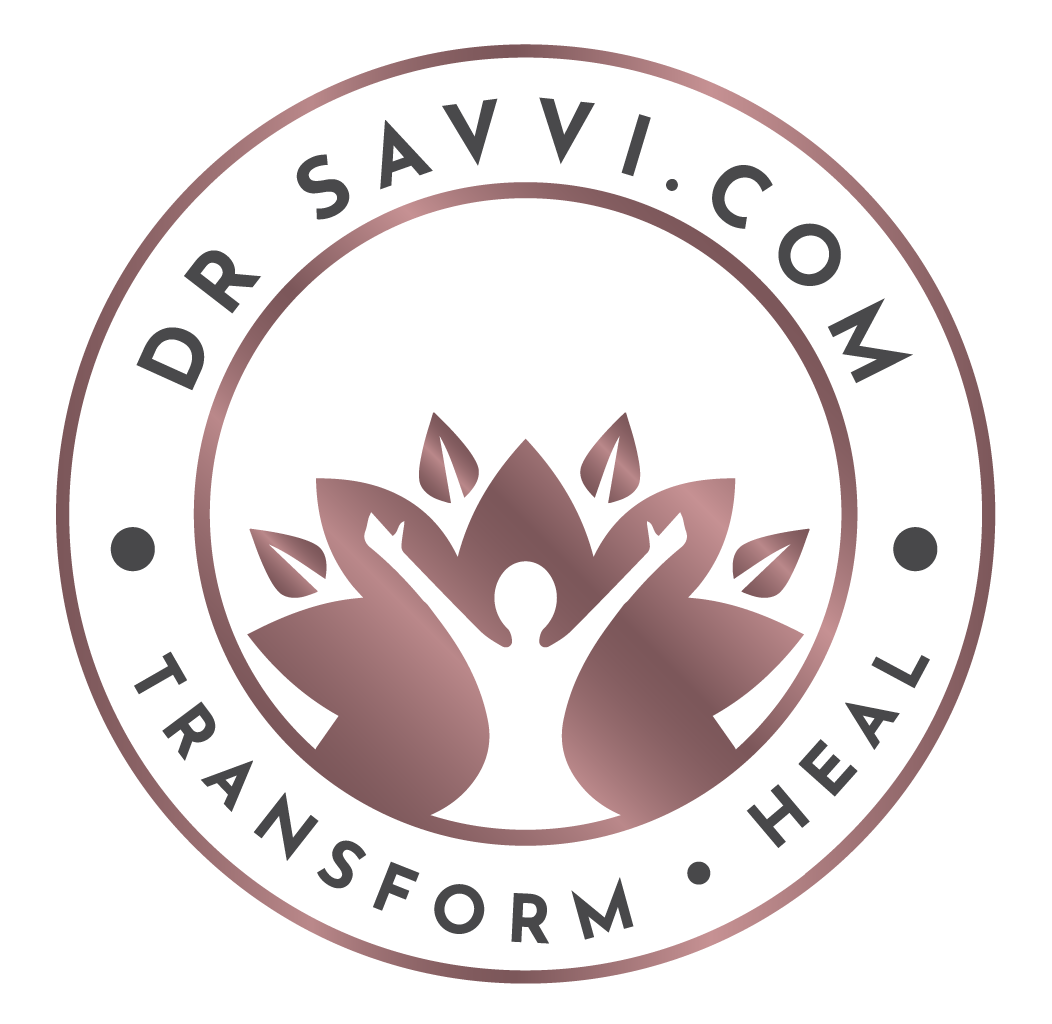Burnout and depression can seem similar, but knowing the signs can help you figure out what you're dealing with.
Burnout often happens when work (or life) stress builds up, making you feel exhausted, cynical, and it may feel like you're not getting things done.
Depression, though, affects both your mind and body, changing how you feel and even how you sleep and eat.
Burnout is usually thought of as something that happens professionally and caused by work stress, but the way it makes you feel can feel very similar to depression.
A common definition is that it has three components to it, exhaustion, cynicism and inefficacy.
Let's look at the two side by side.
Here are the nine symptoms of depression (it takes five of them to be considered as having a major depressive episode)
Disclaimer: Please refrain from self-diagnosing as objectivity is required for a correct diagnosis

So as you can see, with depression, you have both mental and physical changes.
It's more than just thinking I hate my life, but it includes physical changes in the way your body functions - your appetite, your sleep and your energy level.
With burnout, you get emotional exhaustion in response to prolonged stress. You get depersonalisation or cynicism as a negative response to your job and others around you.When you're burned out, you might feel emotionally drained and disconnected from your life. You might go through the motions without really feeling present.
Depression can make you feel detached too, but it comes with a bunch of other tough feelings too.
One big difference is how you respond to good things. With depression, it's hard to feel happy about anything, no matter what. But with burnout, taking a break or doing something fun can sometimes help you feel better, at least for a little while.
Sometimes burnout can turn into depression, especially if you've had it before. It's important to tell them apart because the treatment can be different. While burnout might need changes at work or in how you cope with stress, depression might need therapy or medicine.
The bottom line is, both burnout and depression can mess with your health if you don't deal with them. So if you're feeling down or overwhelmed, it's okay to ask for help. Understanding what's going on is the first step to feeling better.
The way to address burnout is to address the factors that led to the burnout.
So that leads to the question of why do people get burned out in the first place?
Christina Maslach pioneered the research on burnout and I have one of her articles in the reference section.She called burnout, the erosion of engagement with your job. When there's a poor job person fit, you're less likely to cope with the stress of your workplace. In other words, when your character and your temperament don't match well with the demands of the culture of your workplace, you can become burned out.
So it's not just a matter of having a lot of work to do, or being in a stressful environment.

The way to reduce burnout is to change the individual or to change the environment.
And you don't have a lot of control over your environment, unless you're self employed.
So then the focus becomes learning the different ways to cope with the work setting.
How you change yourself to better adapt to your work environment is going to be an individual thing. But here are some general ideas.
1.Setting time boundaries. Don't allow yourself to be infinitely available to people. We've developed the expectation that if you text or email someone, you should get an instant answer. But we train people to believe this by instantly responding. But suppose you check your messages four times a day in batches, the people who reach out to you will come to expect you to respond in a more extended period of time and stop expecting an instant response. If you're always allowing yourself to be instantly available, you're never giving your mind a chance to unwind. And an overactive mind leads to stress, anxiety and burnout.
2.Some other self help interventions would be things like prioritising your sleep and making sure you get seven to nine hours. If you're always sacrificing sleep because you're working late, you become inefficient as a result of sleep deprivation. And then that inefficiency makes you need to work longer hours because your thinking has slowed down.
3.Exercise also helps relieve stress and improve your mood.
Taking 10 minutes in the middle of the day to decompress with meditation can go a long way in recharging and rebooting your mental energy.
If you notice that you're feeling more generally hopeless, and taking a break from work doesn't help, then talk to your doctor. You could start with your primary care doctor or you could see a therapist to see if you're starting to develop depression.
Join my next cohort of Burnout Recovery Blueprint program.
Apply today.
Sending love,
Savvi
[References]
Maslach C, Schaufeli W, Leiter M. Job burnout. Ann Rev Psychol. 2001;52:397-422.
The Tired, Retired, and Recovered Physician: Professional Burnout Versus Major Depressive Disorder. Am J Psychiatry. 2018 Aug 1;175(8):716-719.
Bianchi R, Schonfeld IS, Laurent E: Is burnout separable from depression
in cluster analysis? A longitudinal study. Soc Psychiatry movement Psychiatr Epidemiol 2015; 50:1005-1011

Comments